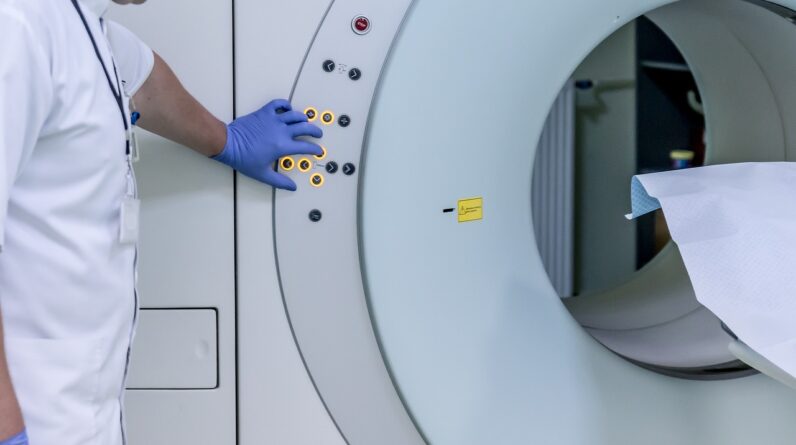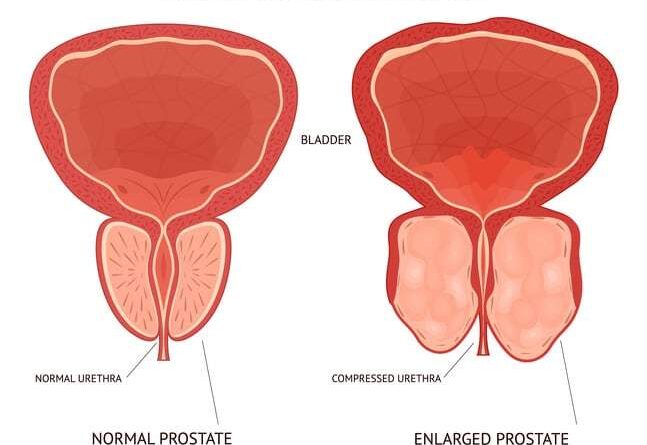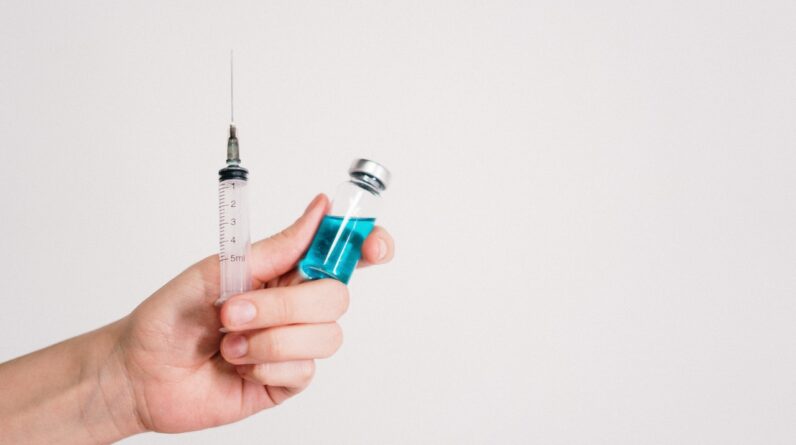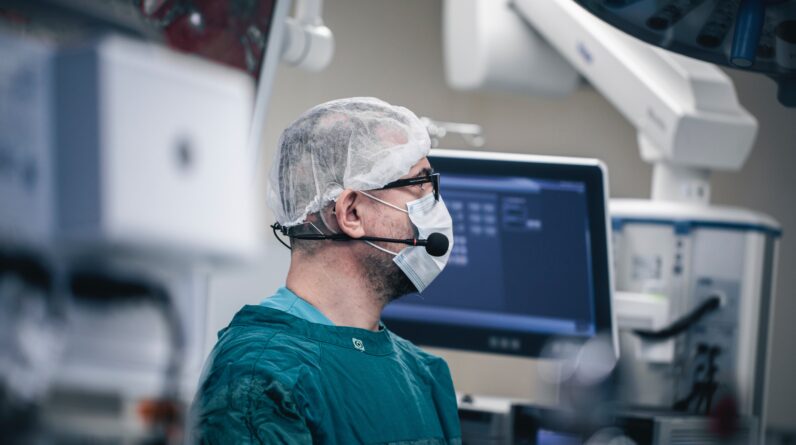
Understanding Prostate Cancer
Prostate cancer is a common health concern in the male population, often occurring in older age. The disease begins in the prostate, a small walnut-shaped gland that produces seminal fluid in men. Early detection is crucial to manage this condition effectively.
What is Radiation Therapy?
Radiation therapy, or radiotherapy, is a frequently employed treatment for prostate cancer. It utilizes high-energy radiation to kill cancer cells and prevent their growth. The treatment could be external, where a machine outside the body delivers radiation, or internal, known as brachytherapy.
The Application of Radiation Therapy for Prostate Cancer
Radiation therapy proves instrumental in various stages of prostate cancer, either as a primary treatment or after surgery to eliminate any remaining cancerous cells. It can also provide relief from pain and other symptoms in advanced stages.
Potential Side Effects of Radiation Therapy
While radiation therapy is vital in combating prostate cancer, it is not devoid of side effects. The patients often experience fatigue, skin reactions, and urinary issues. However, one less discussed but notable side effect is bowel problems.
Focusing on Bowel Problems Post-Radiation
Radiation therapy can indeed cause bowel problems, affecting the patient’s quality of life significantly.
Common Bowel Issues After RadiationThe radiation targeted at the prostate can also affect the nearby rectum, leading to a condition known as radiation proctitis. This can result in bowel problems such as diarrhea, rectal bleeding, and bowel incontinence.
Why Bowel Problems Occur?
The radiation may lead to inflammation and damage to the rectum’s lining, resulting in these problems. It may also affect the bowel’s normal function, resulting in urgency, frequent bowel movements, and even pain during bowel movements.
Symptoms of Bowel Problems
Symptoms might include loose stools, a sense of urgency to empty the bowels, and discomfort or bleeding during bowel movements. If these issues persist, it’s essential to consult a doctor immediately.
Managing Bowel Problems After Prostate Cancer Radiation
Radiation-induced bowel problems can be managed effectively through a variety of approaches.
Dietary Adjustments
Making specific dietary changes can help manage these symptoms. Consuming a low-fiber diet, staying hydrated, and avoiding food that trigger symptoms could be beneficial.
Medical Interventions
Various over-the-counter medications can help manage diarrhea and other bowel issues. For severe cases, doctors might prescribe medications to reduce inflammation in the rectum or other specific treatments.
Long-Term Effects and RecoveryWhile these bowel problems can be challenging, they are often temporary. Many patients see a gradual improvement over time once the radiation therapy ends. However, for some, it could take months or years to recover fully, and a small percentage might experience long-term issues.
Preventive Measures and Regular Monitoring
Prevention and early detection are always better than cure. Here’s how one can take proactive steps in this regard.
Role of Regular Follow-Ups and Screening
Regular follow-ups and screening can ensure early detection of any bowel problems. If you’ve undergone radiation therapy, it is crucial to maintain regular communication with your healthcare provider and report any changes or concerns promptly.
In Conclusion
Radiation therapy for prostate cancer, while an effective treatment, does carry the potential for side effects, including bowel problems. Awareness of these issues, along with proactive management strategies, can significantly enhance patient outcomes and quality of life. Remember, every individual’s experience with prostate cancer and its treatment is unique. It’s essential to have open conversations with your healthcare provider about your concerns and treatment impact.
FAQs
1. How long do bowel problems last after radiation therapy for prostate cancer?
Most bowel issues resolve within a few weeks to a few months after radiation therapy ends. However, some patients may experience symptoms for longer, and a small percentage might have persistent problems.
2. Can radiation-induced bowel problems be prevented?
While it’s not possible to entirely prevent the risk, certain strategies can reduce the incidence of these problems. These include modern radiation techniques that precisely target the cancer cells while sparing healthy tissue, dietary adjustments, and medications.
3. What kind of diet is beneficial in managing bowel problems post-radiation?
A low-fiber diet can help manage diarrhea and other bowel issues post-radiation. Drinking plenty of fluids, avoiding caffeine and alcohol, and limiting foods that produce gas, like beans and cabbage, can also be helpful.
4. Can bowel problems affect my lifestyle after prostate cancer treatment?
Bowel problems, if severe and persistent, can indeed affect your quality of life. However, with the right management strategies, symptoms can be controlled effectively.
5. What should I do if I notice any bowel problems after radiation therapy for prostate cancer?
If you notice persistent bowel issues post-radiation therapy, contact your healthcare provider promptly. They can recommend the best course of action, which might include dietary changes, medications, or other treatments.
6. Is it normal to experience pain during bowel movements after radiation therapy?
Yes, some patients may experience discomfort or pain during bowel movements after radiation therapy. This is due to inflammation and damage to the rectum’s lining caused by radiation. If the pain is severe or persists, it’s crucial to seek medical advice.
7. How does radiation therapy lead to bowel problems?
The prostate is located close to the rectum, and during radiation therapy, some of the high-energy beams can inadvertently affect the rectum. This can lead to inflammation and damage to the rectum’s lining, altering its normal function and leading to bowel problems.
8. Are there specific medications to treat bowel problems after radiation therapy?
Yes, there are various over-the-counter and prescription medications available to manage these symptoms. Medications can help control diarrhea, reduce inflammation in the rectum, or manage other specific symptoms. Always consult your healthcare provider before starting any new medication.
9. Can bowel problems recur after they have resolved?
In most cases, bowel problems diminish over time after the completion of radiation therapy. However, in a few cases, these problems might recur or persist. Regular follow-ups and screenings can help detect and manage any recurring issues effectively.
10. What other side effects should I expect from radiation therapy for prostate cancer?
Other than bowel problems, patients might experience fatigue, skin reactions, urinary issues, sexual dysfunction, and bladder problems. These side effects usually improve over time once the treatment is over. Regular check-ups can help manage these side effects effectively.







